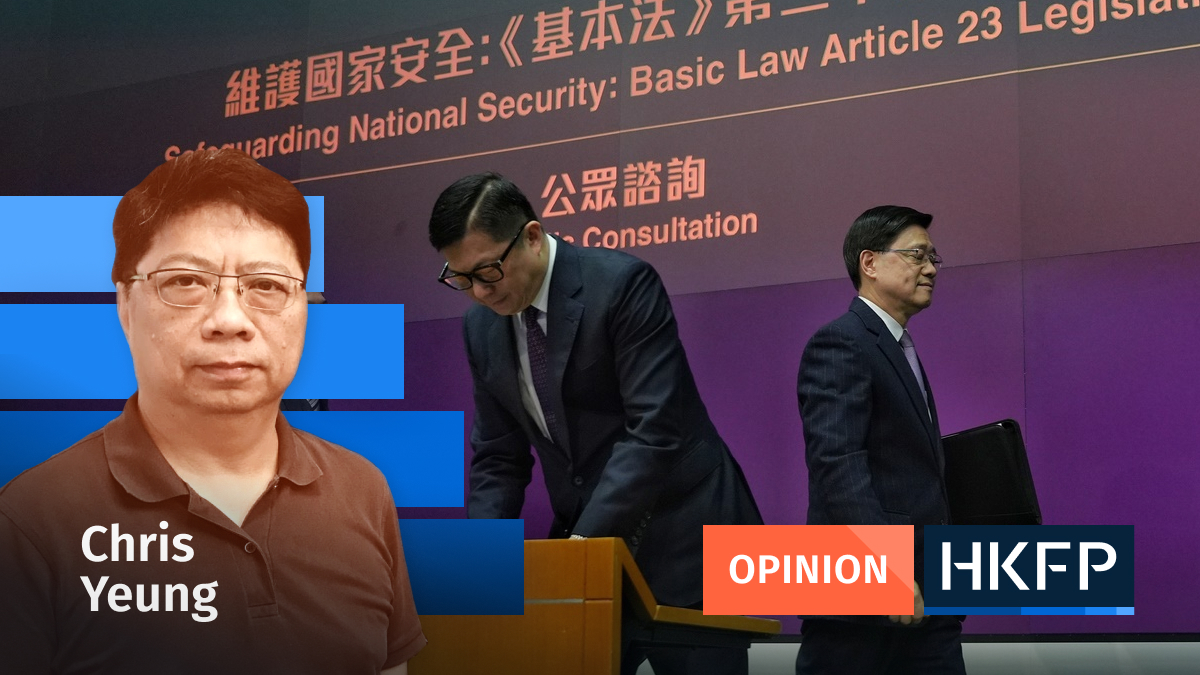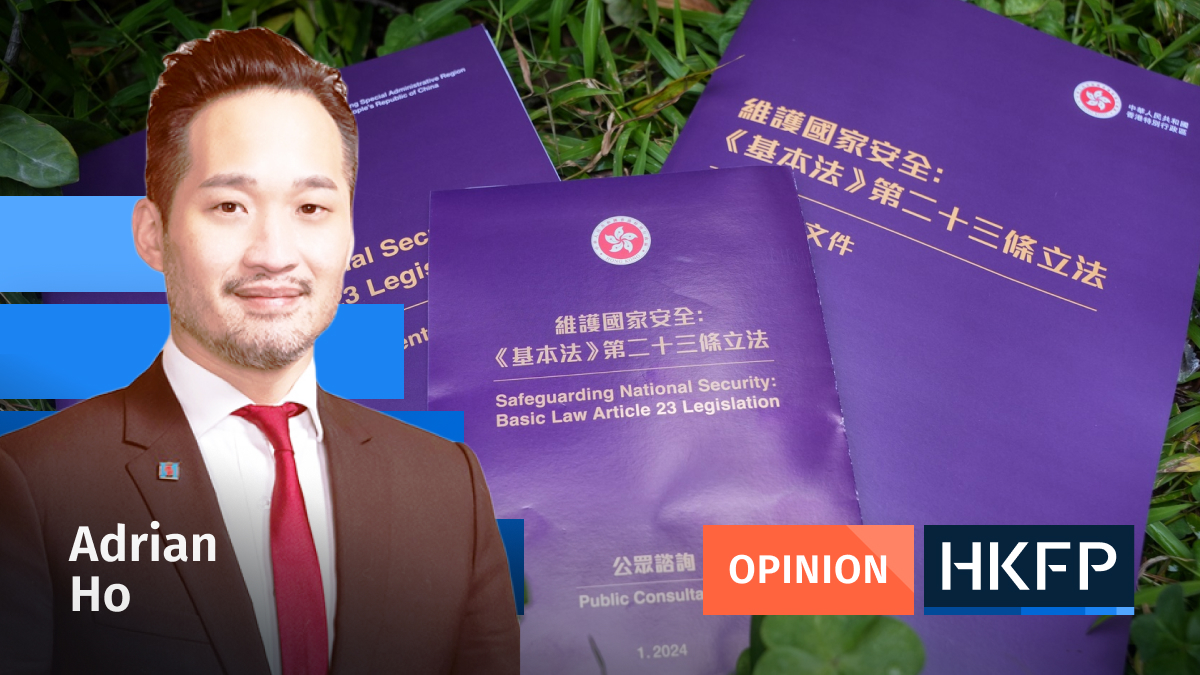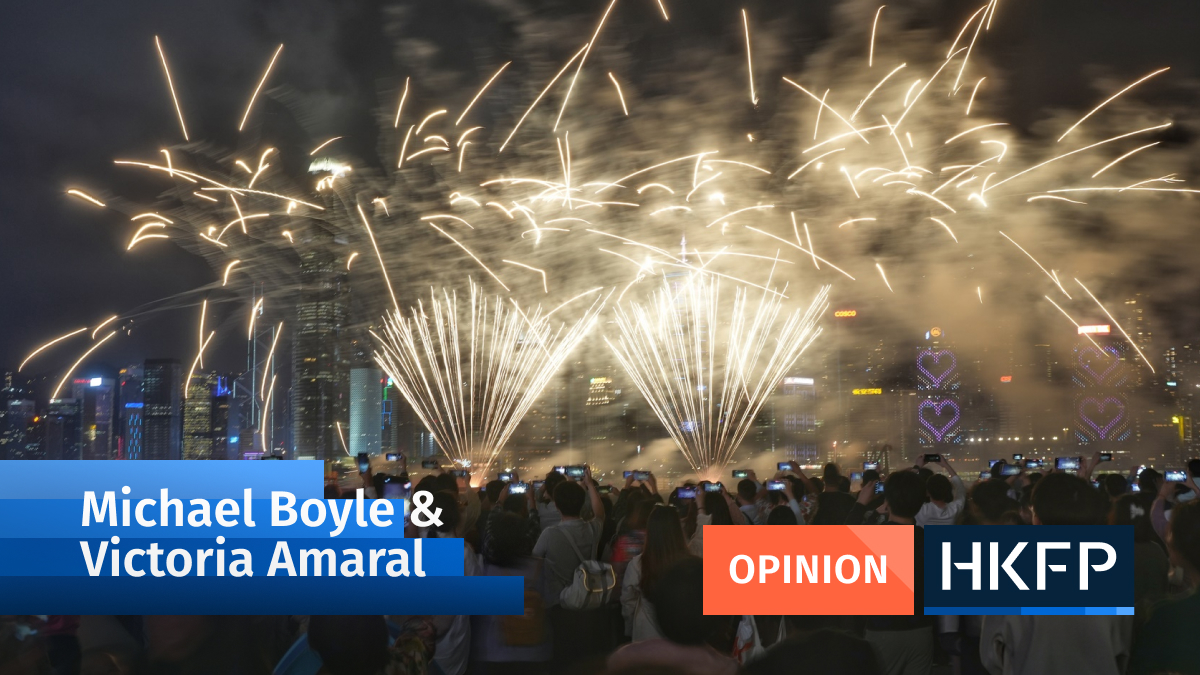By Billy Wong, Hong Kong Committee on Children’s Rights
On Universal Children’s Day in 2022, society was still living under the pandemic. One year later, wearing a mask has become a personal decision. However, many children are still wearing them in public. Are they telling us that they still haven’t recovered?

At the initial stage of the Covid outbreak, the United Nations warned that the pandemic would inevitably bring a short- and long-term impact upon children. Many researchers also warned that lockdowns, school closures, and online learning may delay children’s physical, mental and academic development, especially for youngers living in poverty or with special needs.
As of this month, student suicide cases have been surging. 269 students have attempted to take their own lives, and 37 have succeeded this year, according to the city’s suicide prevention experts. Factors included academic pressure, family, and interpersonal relationships.
In 2016, the government established the Committee on Prevention of Students Suicide, aimed at finding out the reasons behind the issue, and made 13 recommendations for strengthening existing services on preventing student suicide. But how many of these were implemented? Are they effective?
In February 2023, we called on the government to conduct a comprehensive review on Covid-19 policy to ensure children’s rights and well-being were assured during future outbreaks, and to consider how to remedy the harm done to children during the pandemic. Unfortunately, we did not receive a positive response.
Before the pandemic, a year of social unrest triggered by the proposed Extradition Law Amendment Bill seriously disturbed children’s lives. Judicial processes and sentencing have added untold stress and obstacles. Police figures showed that, as of 31 August 2022, 10,279 people had been arrested, and 1,754 of them were teenagers under 18 years old, with the youngest only 11. The longest jail sentence meted out was 5 years and 6 months.
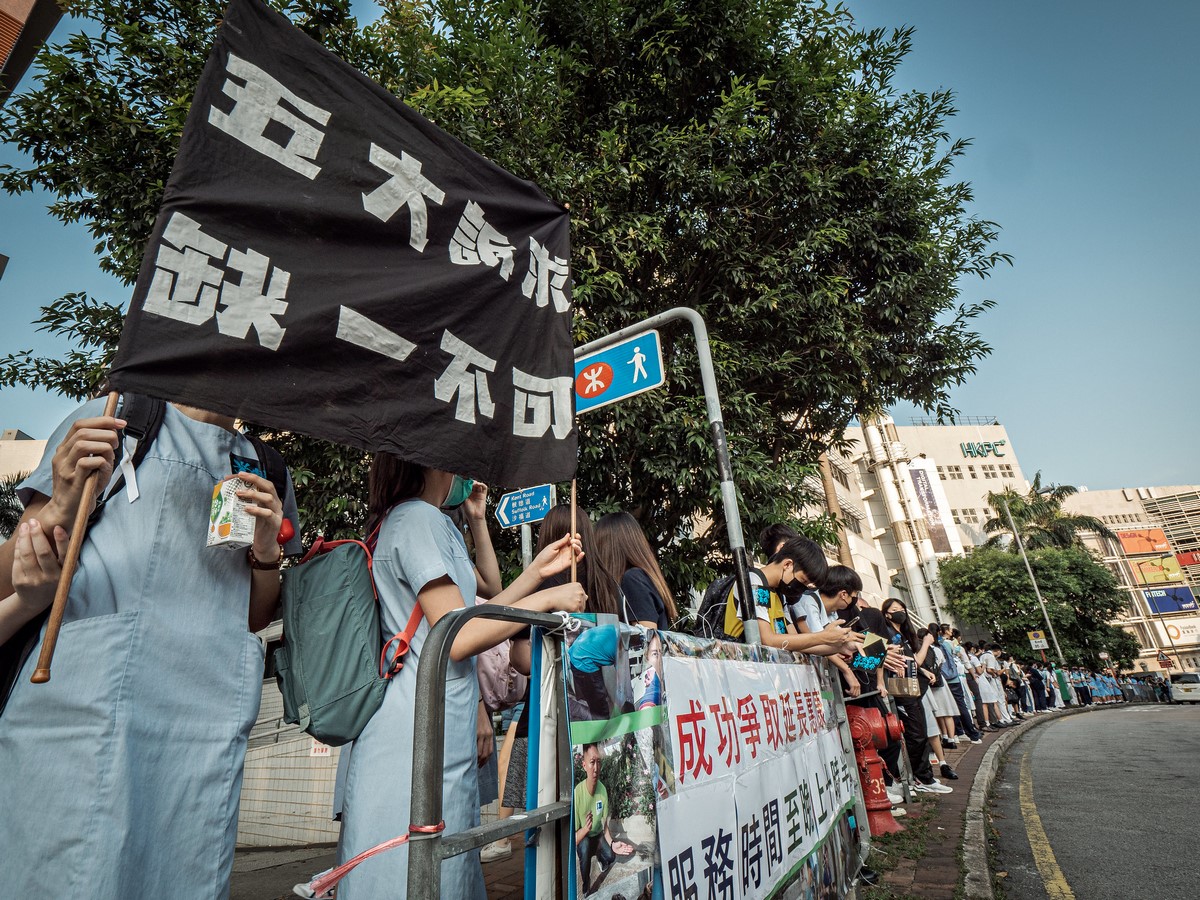
Under the current sensitive political atmosphere, conditions for these children are even more difficult to comprehend. Spaces for them to participate in public discussion on social issues has narrowed. Children’s voices are not easy to be heard – though their problems have increased.
The United Nations passed the Convention on the Rights of the Child (CRC) on 20 November 1989 and designated November 20 as Universal Children’s Day to commemorate international commitments and standards for children’s rights. The CRC came into effect in Hong Kong in 1994.
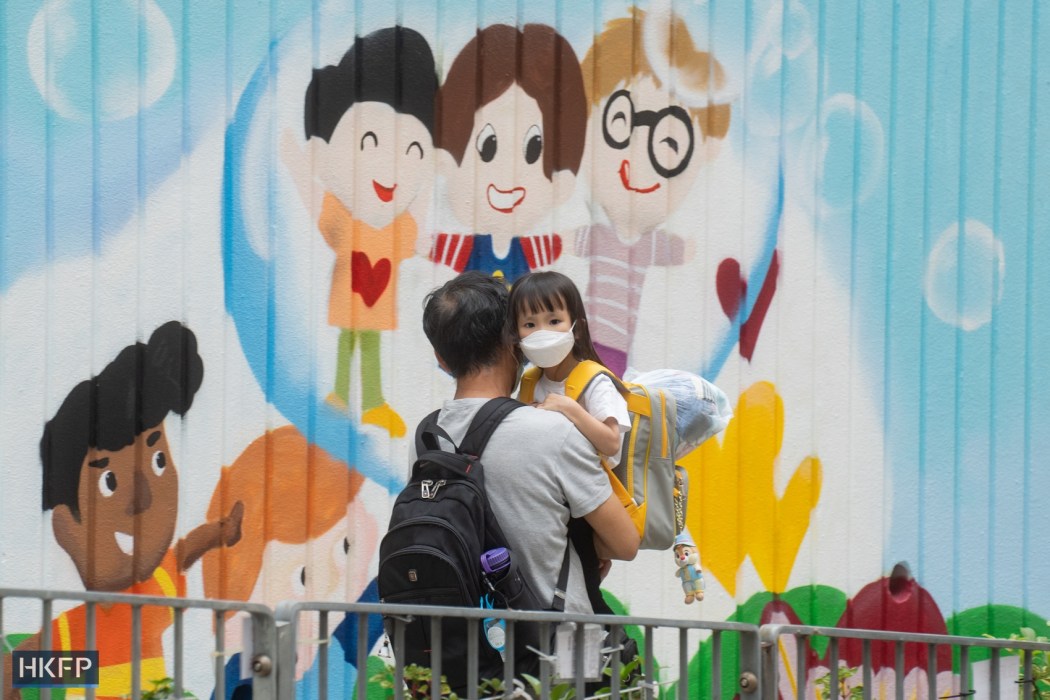
Hong Kong has the lowest birth rate in the world now. In the Policy Address, the government set out measures to promote fertility. However, none of those measures were related to creating a child-friendly environment for the healthy development of children. We need a long-term vision and strategies, financial commitments, and transparency for stakeholders to participate.
Children around the world are facing tremendous challenges. Let’s listen to their voices, try to understand their encounters, and provide safe environments and spaces for them to speak freely and participate.
Billy Wong is the Executive Secretary of the Hong Kong Committee on Children’s Rights, which is mandated to monitor the child rights situations in Hong Kong and make the voice of children heard by the community.
| 💡If you are in need of support, please call: The Samaritans 2896 0000 (24-hour, multilingual), Suicide Prevention Centre 2382 0000 or the government mental health hotline on 18111. The Hong Kong Society of Counselling and Psychology provides a WhatsApp hotline in English and Chinese: 6218 1084. See also: HKFP’s comprehensive guide to mental health services in Hong Kong. |
Support HKFP | Policies & Ethics | Error/typo? | Contact Us | Newsletter | Transparency & Annual Report | Apps
| HKFP is an impartial platform & does not necessarily share the views of opinion writers or advertisers. HKFP presents a diversity of views & regularly invites figures across the political spectrum to write for us. Press freedom is guaranteed under the Basic Law, security law, Bill of Rights and Chinese constitution. Opinion pieces aim to point out errors or defects in the government, law or policies, or aim to suggest ideas or alterations via legal means without an intention of hatred, discontent or hostility against the authorities or other communities. |
Help safeguard press freedom & keep HKFP free for all readers by supporting our team

More HKFP OPINION:
HKFP has an impartial stance, transparent funding, and balanced coverage guided by an Ethics Code and Corrections Policy.
Support press freedom & help us surpass 1,000 monthly Patrons: 100% independent, governed by an ethics code & not-for-profit.





